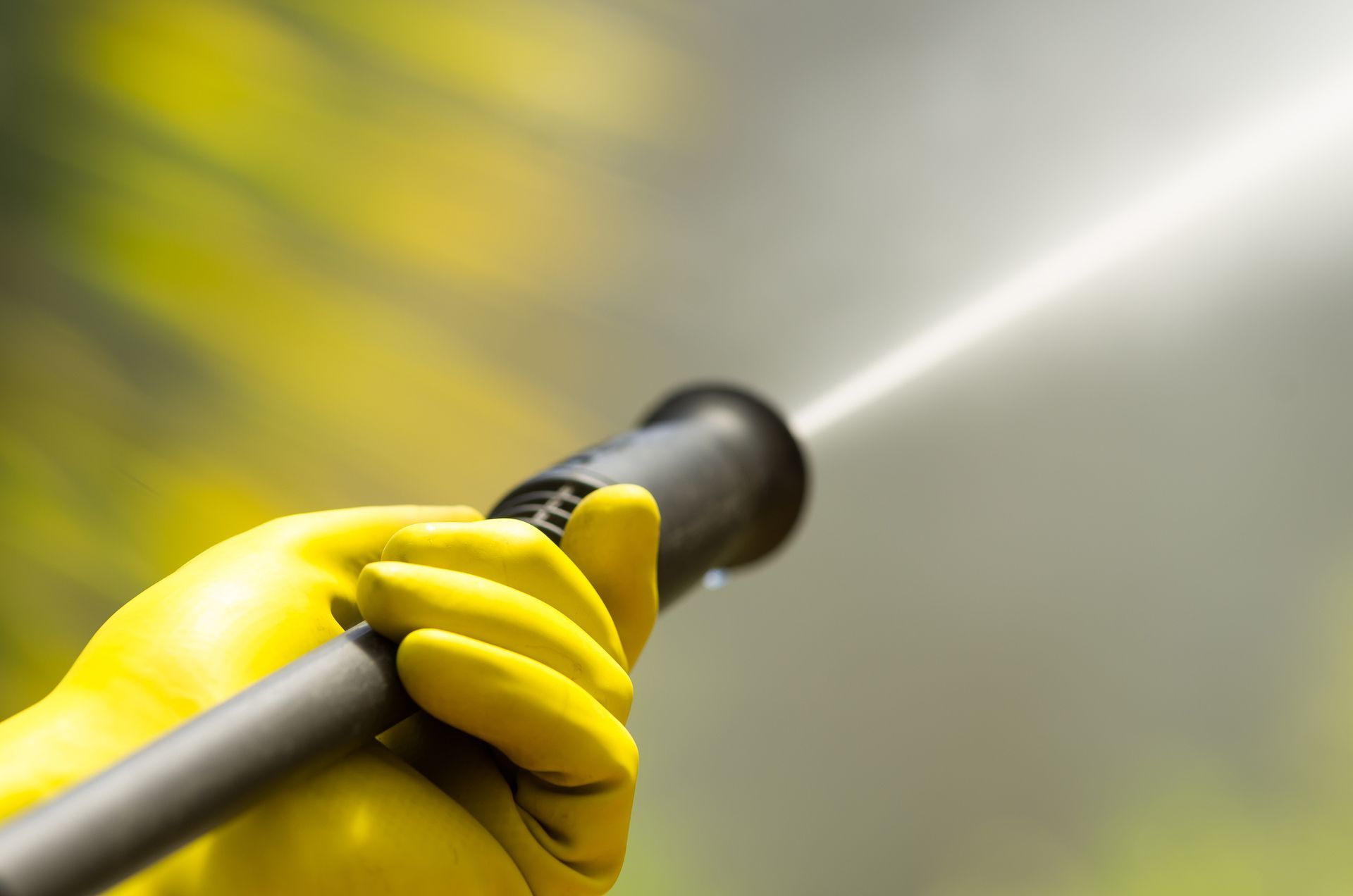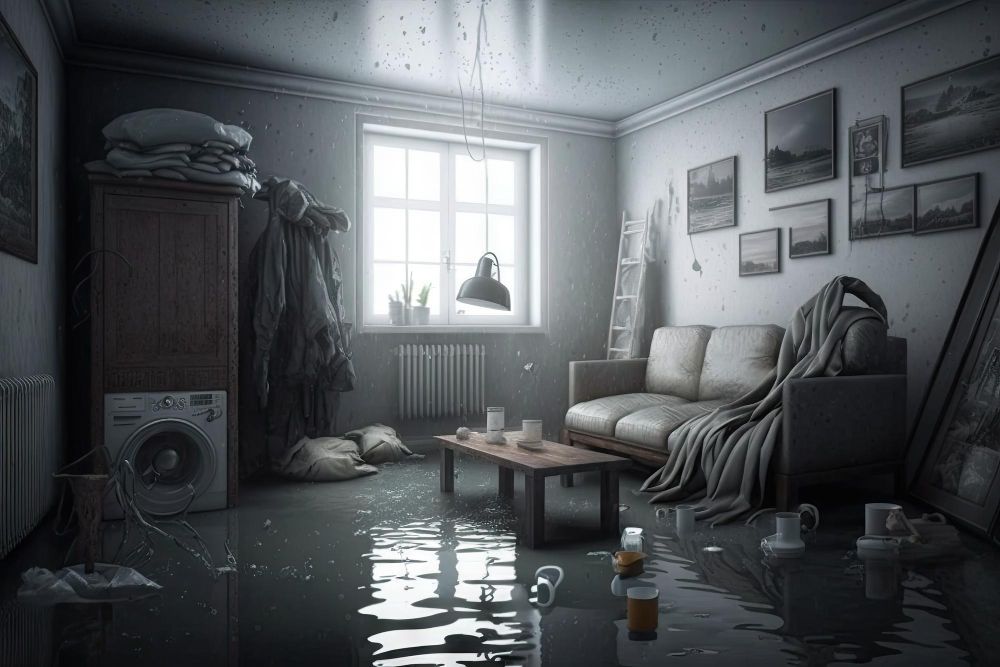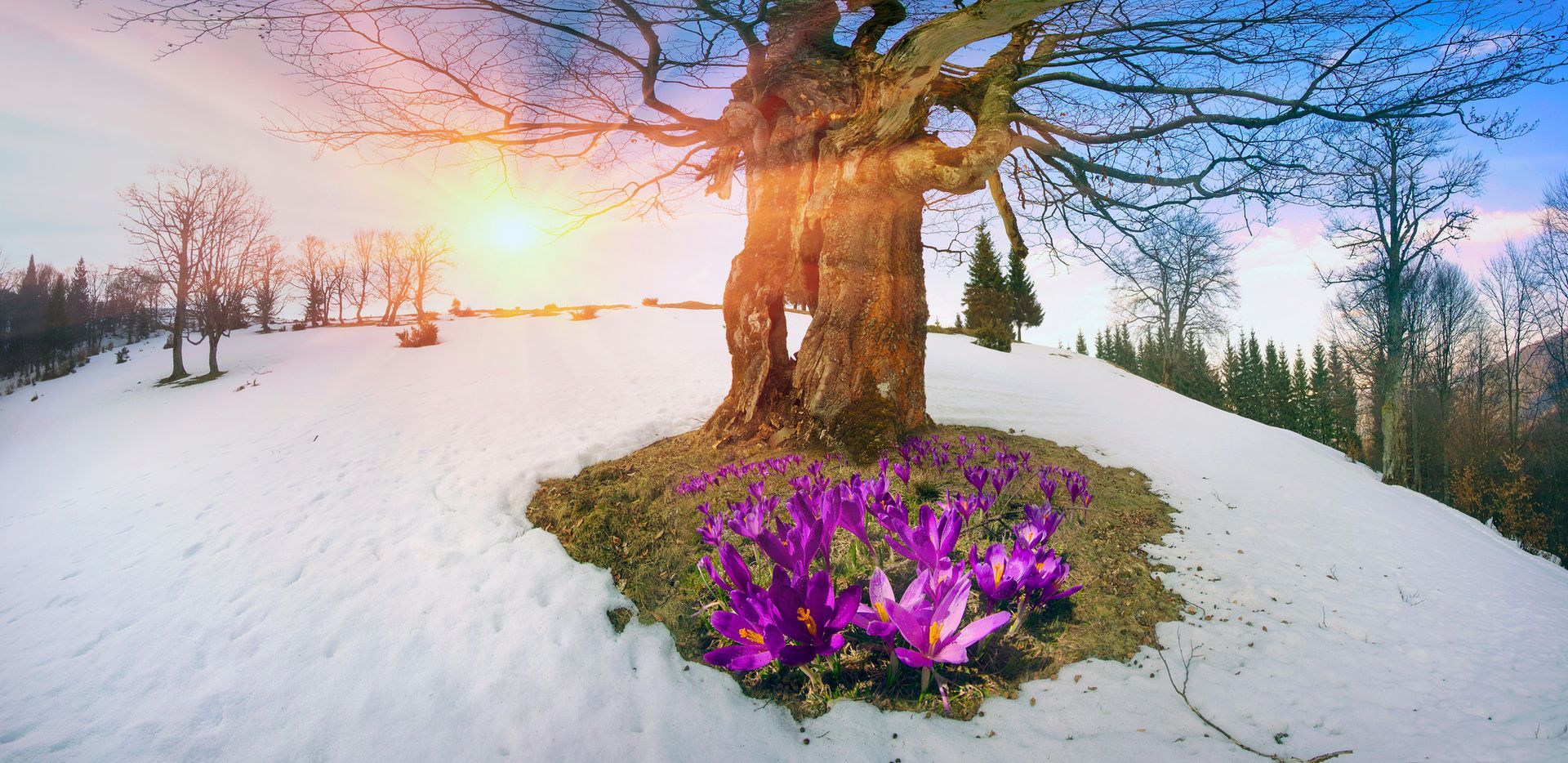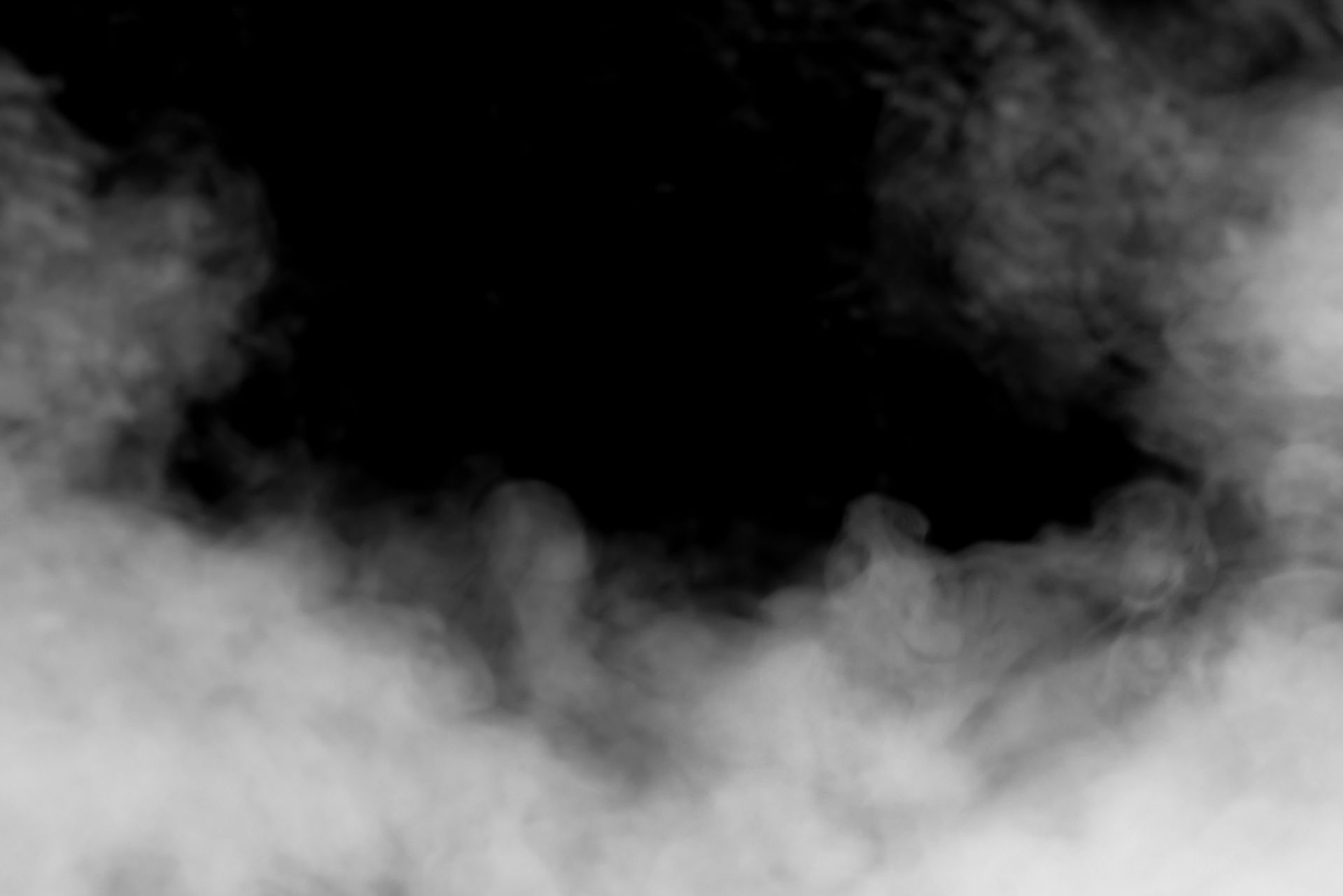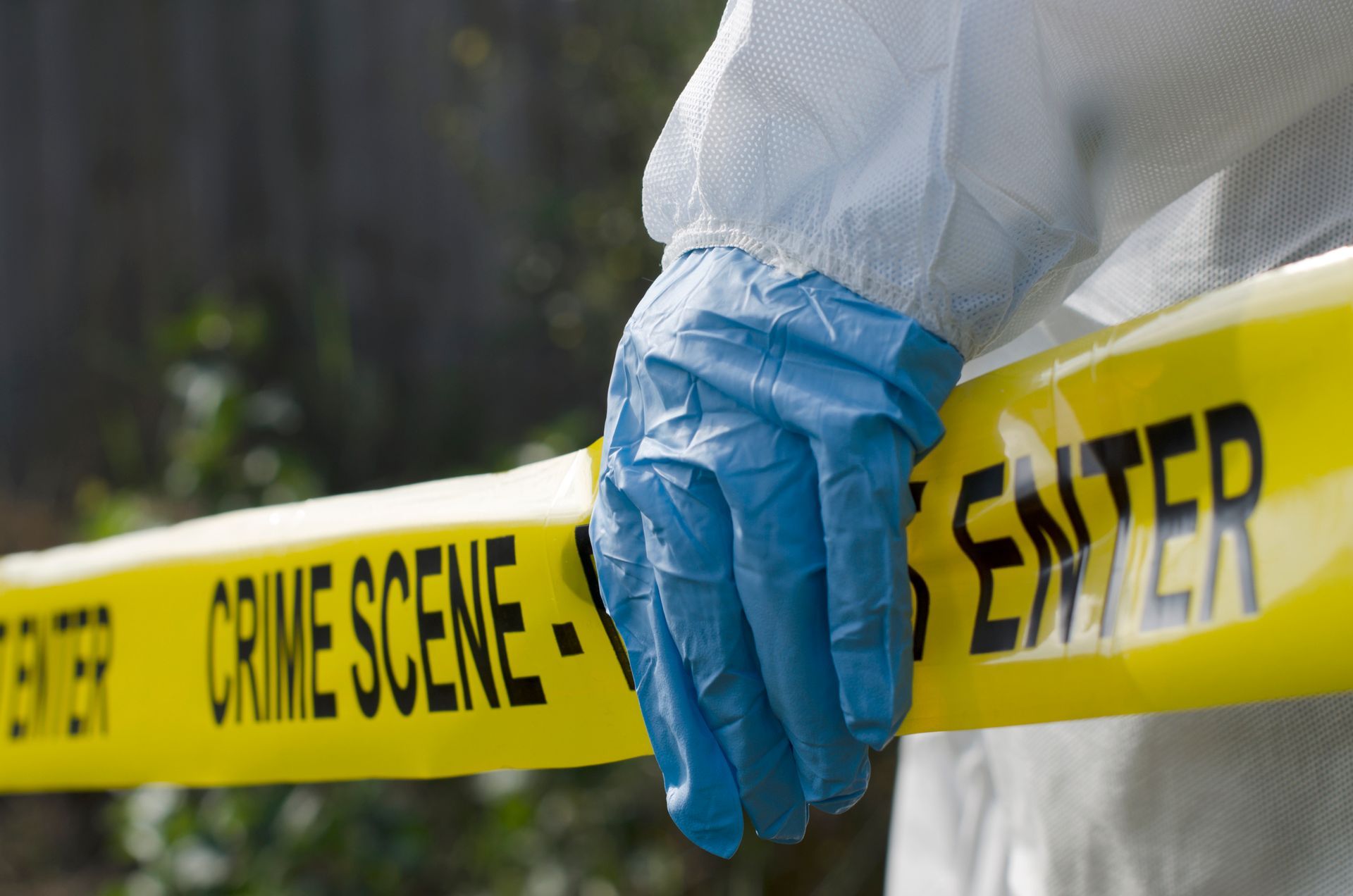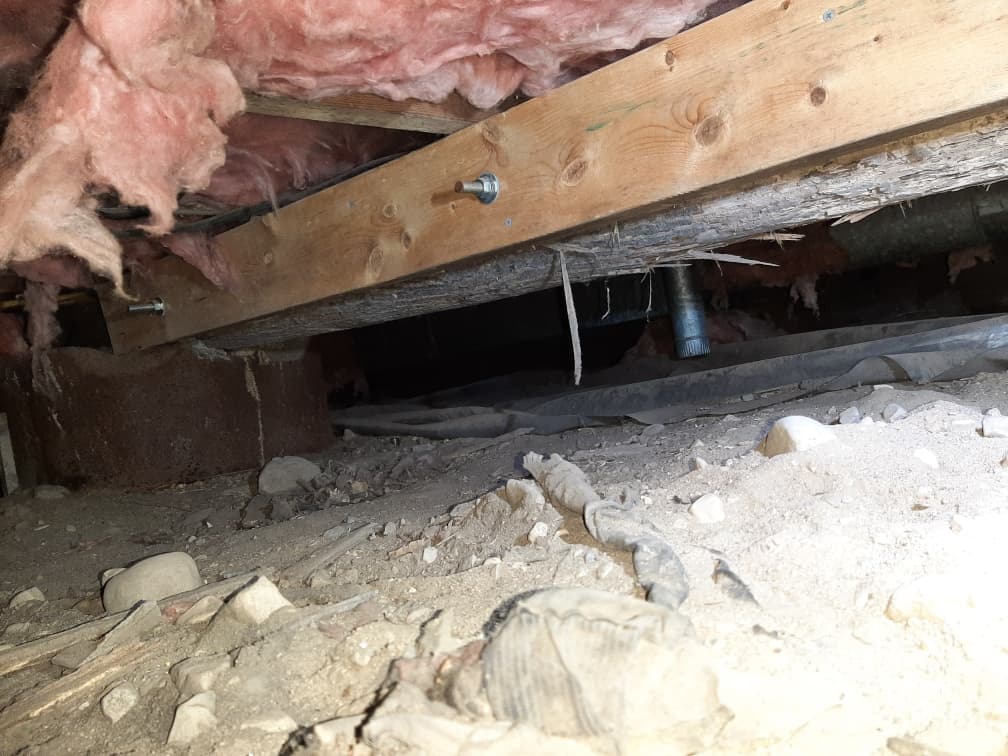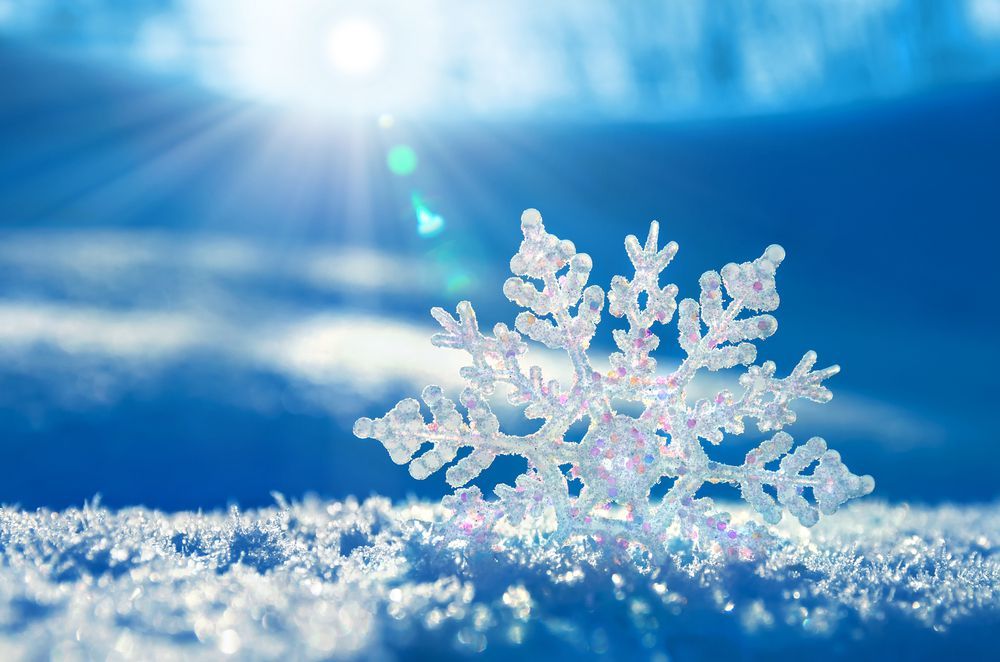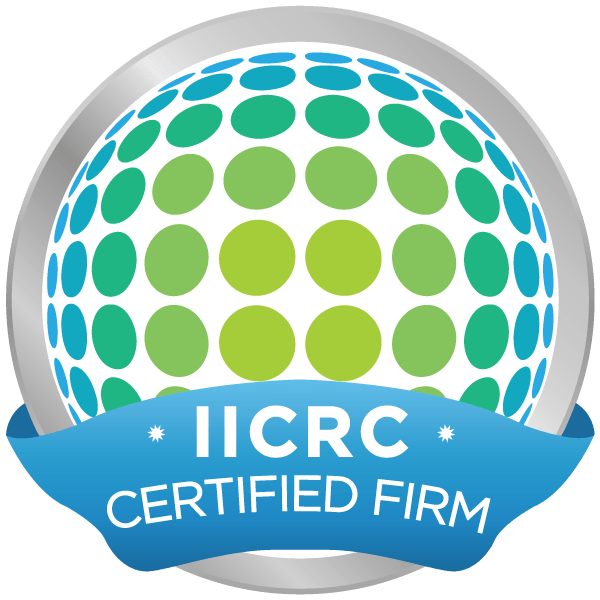
WATER · FIRE · MOLD · RESTORATION
Day or Night Emergency Response
512-360-9151
A Safety Guide to Outdoor Christmas Lights
A Safety Guide to Outdoor Christmas Lights -Kyle, TX
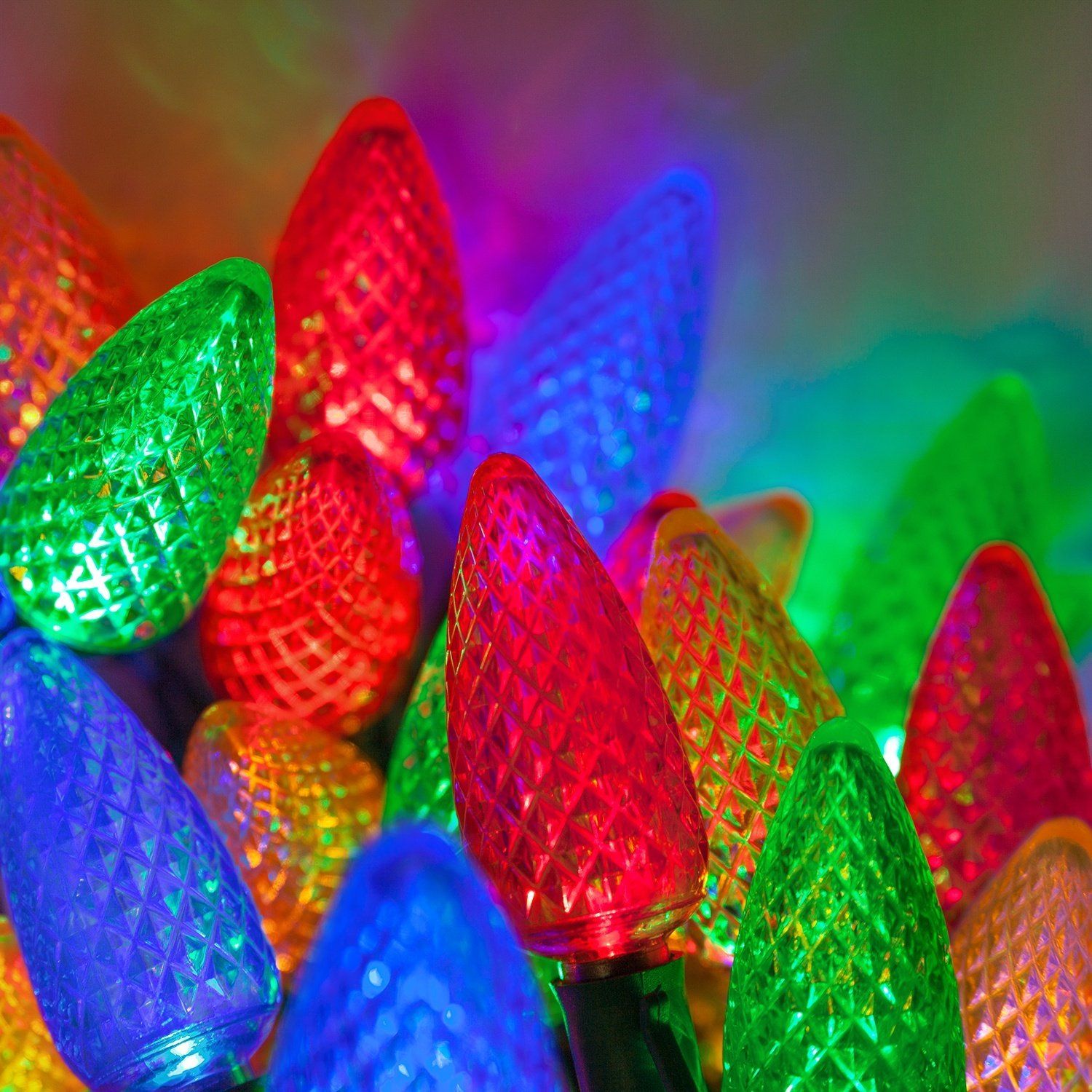
86 percent of Americans decorate their homes for the holidays. Residential fires and electrical mishaps are also more common over the winter vacation season. With all of the hustle and bustle that comes with this time of year, it's easy to overlook basic safety precautions when it comes to hanging holiday lights.
While holiday lighting adds to the beauty of the season, it is critical that outdoor Christmas light safety be a top priority for you and your family's safety.
BUYING HOLIDAY LIGHTS AND DECORATIONS
Only use UL-listed extension cables and electric decorations. Underwriters Laboratories (UL) is an independent product safety certification agency with a national reputation. The term "UL-listed" simply refers to the fact that the Christmas lights you're buying have been tested and certified prior to being sold or installed.
Choose Christmas lights that may be used outside. A green holographic UL stamp on the tag suggests that the product is exclusively for indoor use, but a red mark suggests that it is suitable for both indoor and outdoor usage. Outdoor lights are waterproof, reducing the risk of electrical shock and fire.
Invest in a heavy-duty extension cable with an outside rating. Find out the wattage rating of your extension cable, as well as the power needs of any lights or decorations you want to hook into it, to avoid overloading.
The wattage rating of an extension cable refers to the amount of energy it can handle. Overheating and fire might occur if the total power consumption of your lights and decorations surpass that level.
INSTALLING CHRISTMAS LIGHTS AND DECORATIONS
When putting up Christmas lights outside, utilize a non-conductive ladder made of wood or fiberglass. Using a metal ladder increases your chances of getting an electric shock. To guarantee that the ladder will hold up during use—especially at higher heights—make sure it is robust and durable.
To safeguard outside lights from wind damage, tie them to trees, houses, buildings, or other solid supports. Instead of nails or staples, which can breach the protective insulation and provide an electrical hazard, use light clips.
Use a GFCI (Ground Fault Circuit Interrupter) outlet to connect your lights. Electrical shock is avoided by using GFCI outlets. They're essential whenever there's a chance of moisture, which includes the bathroom, the kitchen, and the outside of the house.
Don't leave your lights on 24 hours a day, 7 days a week. Before you go to bed or leave the house, disconnect all lights and decorations, according to the Consumer Product Safety Commission, since the lights might short and cause a fire. Purchase a timer for your Christmas lights to ensure that they always turn off at the same time, even if you forget.
REPAIRING LIGHTS AND DECORATIONS
To avoid electrical shock, always disconnect lights before changing bulbs or doing any other repairs. Inspect the lights, decorations, and extension cables before using them, whether they are brand new or old. Frayed cables, loose connections, and damaged bulbs should all be looked for.
If you find any damage, make the appropriate repairs or replacements.
If a bulb in a string of Christmas lights has to be replaced, check that the wattage rating of the new bulb matches the wattage rating of the light strand. Using a bulb with a high wattage might damage the wire insulation, posing a fire hazard.
This Christmas season, keep these safety guidelines in mind to guarantee a worry-free holiday! Call ATEX DECON if your home has been damaged by smoke or fire this holiday season. We are here to help!
